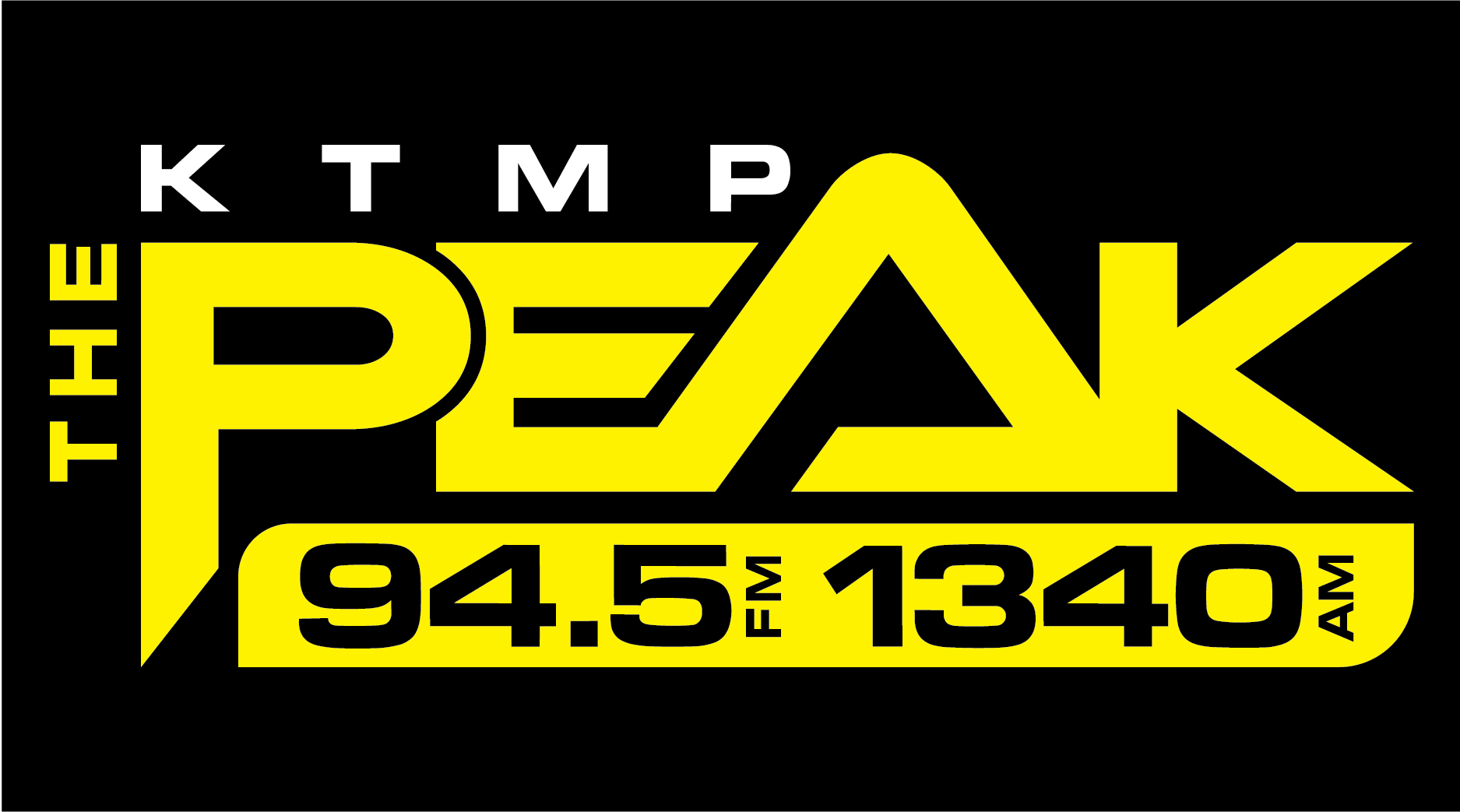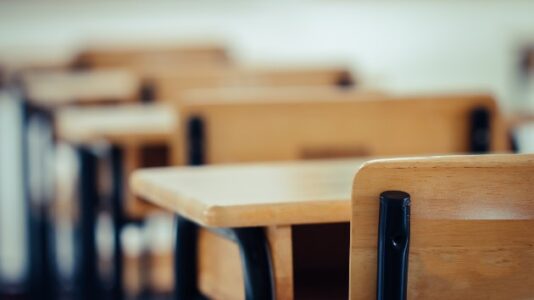smolaw11/iStockBy WILL MCDUFFIE, ABC News
(NEW YORK) — Some students struggling with online learning are being told to return to the classroom or withdraw from their district, a mandate issued or being contemplated by more than 200 districts in Texas and elsewhere in recent months.
The move has prompted complaints from some parents that it is unsafe and lacks compassion for children navigating the difficulties of remote school. In Texas, for instance, there have been thousands of positive staff and student cases a week in the state’s public system, which had nearly three million students on campus as of Oct. 30, according to state data.
It is not clear how many school districts across the country have enacted similar return-to-school mandates, but officials surveyed by ABC News say the move appears to be working in terms of improving student performance. They also say that those who require medical exemptions have largely been accommodated.
In December, Jenison Public Schools in Michigan instructed middle and high school students who failed at least one online class last fall to report for in-person learning in January.
“The clock was ticking from Day One,” Tom TenBrink, the superintendent, told ABC News of the need to help struggling remote learners.
The district implemented a hybrid model of instruction in the fall. At one point, more than 300 high school students elected to learn exclusively from home.
By the end of the semester, however, more than 30% of them had failed at least one class.
“We soon learned that no matter what we did, some of our high school students were just not being successful in that environment,” said TenBrink.
So the district took its virtual option away. Unless students had a medically appropriate reason to remain home — say, an underlying condition that would make them more vulnerable to COVID-19, or an aging grandparent who lived in the household — the students would be required to return to the school building.
“Our science was showing that we were not spreading COVID-19 in our classrooms,” said TenBrink, who said he alerted parents in the fall that the district wanted to implement the plan. “We felt that bringing them back to a space where our protocols were pretty solid, that our students would be much more successful.”
Such policies have been particularly popular among districts in Texas, where the state issued guidance in November stating that schools could “discontinue remote instruction for individual students” who have scored below 70 in a class or have been absent at least three times in a grading period.
The guidance was a swift reversal in course from the Texas Education Agency (TEA), who only three weeks prior had told districts that “discontinuing remote instruction in a way that only targets struggling students is not permitted.”
Frank Ward, a TEA spokesman, told ABC News the agency updated its guidance “due to numerous requests from districts across the state who were struggling with remote learning.”
Some 260 districts in the state have submitted attestations stating their intention to cancel remote learning for individual students, according to Ward, who did not specify how many have implemented the mandate.
When contacting individual families, districts must offer an appeals process for those who disagree with the mandate. Families must be told they can submit a medical exemption or request a transition meeting to express their concerns, according to the TEA guidance.
Medical exemptions can be granted if an individual in the student’s household had an underlying health condition as defined by the Centers for Disease Control and Prevention (CDC).
Days after the guidance was issued, Angleton Independent School District, a district of 7,000 students south of Houston, notified families in a message posted on its website and to Facebook that an “online student who is failing will be required to attend school on campus for the full school day unless he/she provides a medical exemption from a required healthcare provider for the student or someone who lives in the child’s home.”
Families that lacked an exemption and did not want to send their struggling child back would “need to withdraw his/her child from the [district] and choose to do homeschool or enroll the child in another school,” the post said.
The message got pushback in the Facebook comments section, with some parents charging the district with “giving up” on its online learners and “kicking them to the curb” as coronavirus cases were spiking in Texas.
Several parents expressed frustration that the mandate seemed to place blame on students and families. The remote learning system, they said, wasn’t set up for students to succeed in in the first place.
“I don’t think we’ve kicked remote learners to the curb,” Phil Edwards, the superintendent, told ABC News, stressing that Angleton was “very liberal” in accepting exemptions that would allow a parent to keep their struggling child at home.
“We did not want to get families into a situation in which they had to make a choice on their health,” Edwards said.
In all, nearly 200 students in Angleton — across all age levels — were identified to return to in-person learning due to a failing grade, according to Edwards. The number of students whose families did not want them to return but lacked a medical exemption — forcing them to withdraw — was less than 10.
Edwards believes those students are now being homeschooled.
Many factors have made remote learning difficult this year. Access to technology and reliable internet can be scarce, especially in disadvantaged communities, and younger students may struggle to stay focused, especially if an adult can’t be nearby at all times, said David DeMatthews, an associate professor at the University of Texas.
As for older students, they “might be helping their younger siblings with their schoolwork, but at the same time now they’re sacrificing their own education,” he explained.
Returning to the classroom has appeared to help some of them.
Of the 105 high schoolers Jenison schools (in Michigan) forced back in January, 55 are passing all of their classes this semester, while the other 50 are passing more classes now than they did in the fall, according to TenBrink.
The data in Angleton is scarcer, but Edwards said that some high school students are faring “much better than they were with remote learning.”
As for the students whose families withdrew them from their district, they are some of the thousands of students nationwide reported to have unenrolled from school during the pandemic.
Copyright © 2021, ABC Audio. All rights reserved.








